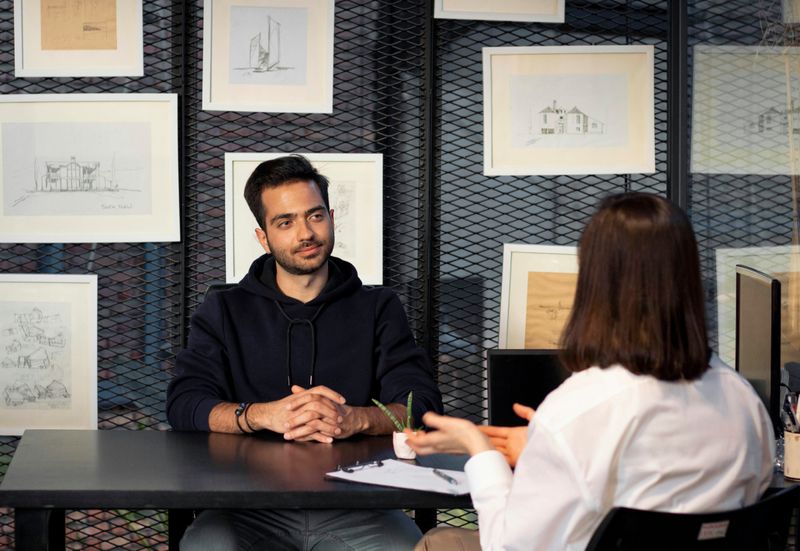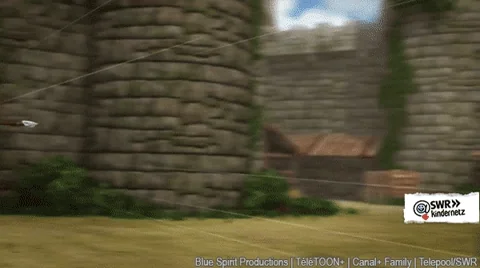Why does this question pop up?
When interviewers ask how you handle difficult conversations with managers, they're not trying to trip you up. They want to know:
Can you stay professional under pressure?
Do you communicate clearly and respectfully?
Are you someone who can solve problems?
Basically, they’re checking your emotional intelligence and maturity!
 Photo by Mina Rad on Unsplash
Photo by Mina Rad on Unsplash
How to Structure your Answer
Use the STAR method (Situation, Task, Action, Result) to tell a short story that shows your approach:
Situation: Briefly describe a real moment when a tough conversation came up.
Task: What was at stake? What did you need to resolve?
Action: Explain how you prepared and handled the conversation.
Result: Share the outcome — ideally something positive or a lesson learned.

Quiz
In the STAR method, which part describes your specific responsibility or challenge?
STAR Method: Step by Step
Situation 🟡
Start with the background. What was going on?
Example: “I was working on a team project during my internship, and my manager gave us a super tight deadline.”
Task 🟠
What was the problem?
Example: “I needed to talk to my manager about adjusting the timeline so we could do a better job.”
Action 🔵
What did you do to handle it?
Example: “I set up a quick meeting with the manager and explained the problem calmly. We talked it through and came up with a timeline that helped everyone stay on track and manage our work better.”
Result 🟢
What happened in the end?
Example: "My manager agreed to give us more time, which helped us improve the quality of our work. The final result was significantly improved, and the client was extremely impressed with what we delivered.''
Quiz
In the above example, how does the candidate showcase their emotional Intelligence?
Keep the Conversation Authentic
Be real, not rehearsed: Interviewers can spot a canned answer from a mile away.
Don’t throw shade: Even if your past manager was tough, keep it respectful.
Show growth: If you messed up once, talk about what you learned.
Speak your way: If English isn’t your first language, it’s okay to keep your answer simple and direct.
 Photo by Ruthson Zimmerman on Unsplash
Photo by Ruthson Zimmerman on UnsplashRewind, Write, Rehearse: Your Success Formula
Before you walk into the interview, here are a few easy things you can do to feel more confident and prepared:
Think back to a real moment. 🧠 Remember a time when you had a tough conversation with someone older or in charge. Use that story to help shape your answer- it makes it more real and personal.
Write it out. ✍️ Jot down your answer like a mini script. It’ll help you organize your thoughts and figure out what you really want to say.
Practice with a friend. 🧑🏫 Ask a friend to play the interviewer and practice answering out loud. Speak naturally — not like you're reading a script — to spot awkward phrasing and build confidence.
Take Action

Your feedback matters to us.
This Byte helped me better understand the topic.
